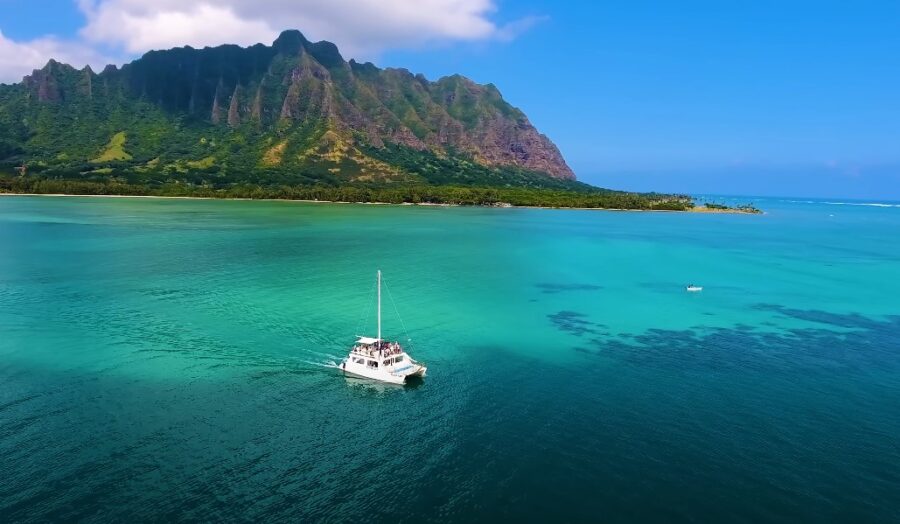Hawaii might seem like a paradise, but there are hidden risks that can catch you off guard if you’re not prepared.
Having visited the islands myself, I can tell you that while Hawaii is generally safe, there are some dangers you should know about to keep your vacation fun and trouble-free.
Let’s take a closer look at what you might face on the islands and how to make sure you stay safe while soaking up all that beauty.
Table of Contents
ToggleWhat’s the Situation With Crime?
Hawaii might feel like paradise, but crime still exists, especially in tourist-heavy areas. The good news is that with some common sense and precautions, you can easily avoid becoming a victim.
Violent Crime Rate
According to SafeWise, Hawaii’s violent crime rate in 2024 remains relatively low compared to the national average. The state has reported about 2.5 violent crime incidents per 1,000 people, lower than the national average of 4.0 per 1,000 people.
This represents a decline from 2023, where the rate was slightly higher. However, Honolulu has experienced some disturbing trends, such as an increase in rape incidents, as Hawaii News Now reported.
For the first half of 2024, there were 287 violent crime incidents reported, including 22 murders and 20 cases of manslaughter.
Honolulu Crime Stats (First Half of 2024)
Honolulu, the largest city in Hawaii, reported mixed changes in violent crime categories. Aggravated assaults have decreased slightly (-7.7%), and sex offenses also saw a minor decline (-2.0%).
However, robbery rates have dropped by about 6.7%, indicating a positive trend, Honolulu Police Department reports.
Overall Crime Rate
In Hawaii, the overall crime rate is 3,127 incidents per 100,000 residents. About 91% of these crimes are property-related, meaning that theft, burglary, and vandalism remain the most frequent criminal activities, as per Steve Goldstein.
Crime Categories in Honolulu (2024 Year-to-Date)
Honolulu Police Department also reported that burglary, counterfeiting, and drug offenses are notable categories in Honolulu. Burglary incidents reached 1,188 in 2024 so far, while drug/narcotic offenses accounted for 1,501 cases.
The Ocean
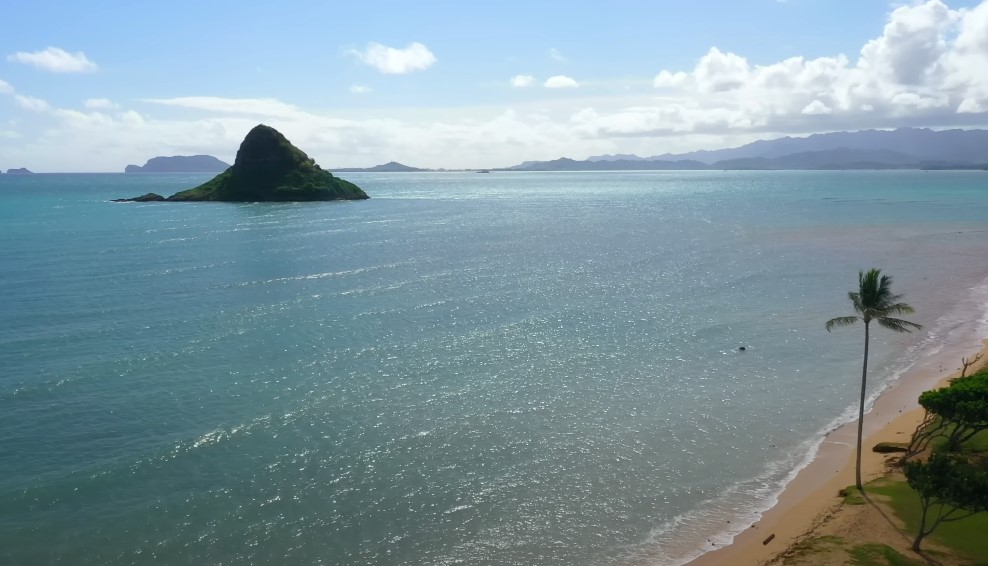
When people think of Hawaii, the ocean is usually top of mind. It’s blue, warm, and seems to call your name for a dip. But the same ocean that brings joy and relaxation can also pack a punch if you’re not careful.
Rip Currents and Strong Waves
Hawaii’s waves are famous, especially on the North Shore of Oahu, where surfers flock to ride massive swells. If you’re not a strong swimmer, though, those waves are something to watch from the shore rather than swim in.
Rip currents are one of the biggest risks, and they can catch you off guard, even in what looks like calm water. I remember once wading into the ocean in what seemed like mild conditions, only to feel a sudden pull that left me scrambling back to shore.
I learned quickly that lifeguards and beach signage aren’t just for show. Always swim where lifeguards are present and take note of the posted warnings—they’re there for a reason.
Shorebreaks and Dangerous Beach Conditions
Even where the waves aren’t huge, the shore itself can be hazardous. Shorebreaks occur when waves crash directly onto the sand, creating a powerful and sometimes dangerous force.
If you’ve ever watched someone get tumbled by a wave right at the shore, you know what I mean. I’ve heard of people getting seriously hurt from shorebreaks, including broken bones or even spinal injuries.
It’s smart to avoid swimming in areas with strong shorebreaks, especially if you’re not used to such conditions.
Drowning Risks
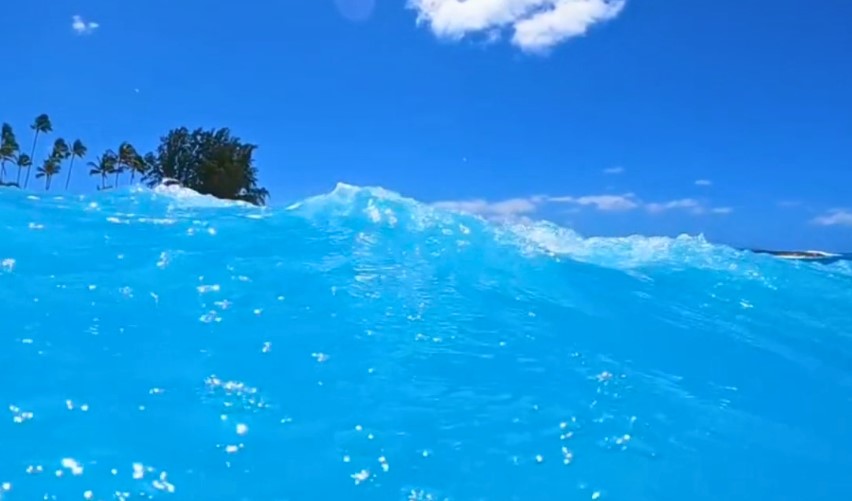
While I was snorkeling on the Big Island, I quickly realized how easy it could be to overestimate my swimming abilities in unfamiliar waters. Unfortunately, drowning is a real issue in Hawaii, with many cases involving tourists who aren’t used to the ocean’s conditions.
New Lifeguard Tower at Kalama Beach Park
A much-needed lifeguard tower was opened at Kalama Beach Park in Kailua to enhance safety for beachgoers. The tower is expected to boost lifeguard capabilities and provide additional support for ocean safety in the area, Khon2 reports.
Ocean Safety Rescues During South Swell
StarAdvertiser reported that in June 2024, Honolulu Ocean Safety rescued 16 people and took around 2,000 preventative actions during a high surf caused by a south swell. This highlights the importance of vigilant monitoring and safety measures during such events.
New Ocean Safety Department in Honolulu
In May 2024, Honolulu officially separated its Ocean Safety Department from ambulance services, giving lifeguards their own city department, Mark Ladao writes. This move is aimed at improving the efficiency of ocean safety management on Oʻahu.
Did You Know: Hawaii is home to one of the prettiest aquariums in the United States.
Health Hazards
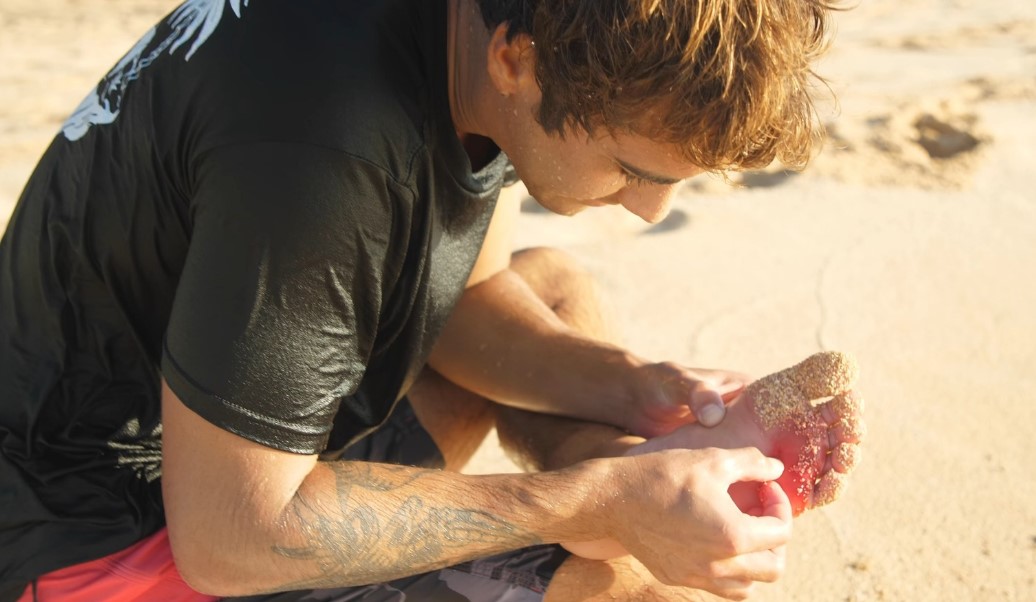
Hawaii’s tropical setting offers gorgeous landscapes, but the environment brings along some risks that can surprise visitors, especially if you’re not prepared.
Infections from Coral Cuts
Coral reefs are beautiful but sharp. Getting a coral cut can be a painful experience, and worse, the ocean’s warm waters make infections a real risk.
I remember a friend getting a small scrape while snorkeling, and despite cleaning it, the cut got infected. Always treat any cuts or scrapes immediately, using disinfectant and covering the wound. Better yet, wear protective gear like water shoes if you’re swimming near coral.
Jellyfish Stings
Box jellyfish can be a surprise visitor to the beach. They tend to show up about a week after the full moon, and their stings can range from irritating to life-threatening. Thankfully, many beaches post warnings when jellyfish are expected.
Sunburn and Heat-Related Issues
Hawaii’s sun is intense, and it’s easy to underestimate just how quickly you can get burned. I’ve seen plenty of red-faced tourists who forgot their sunscreen.
It’s crucial to lather up regularly, wear a hat, and stay hydrated, especially if you’re spending hours at the beach or hiking in the islands’ lush parks.
Traffic Hazards
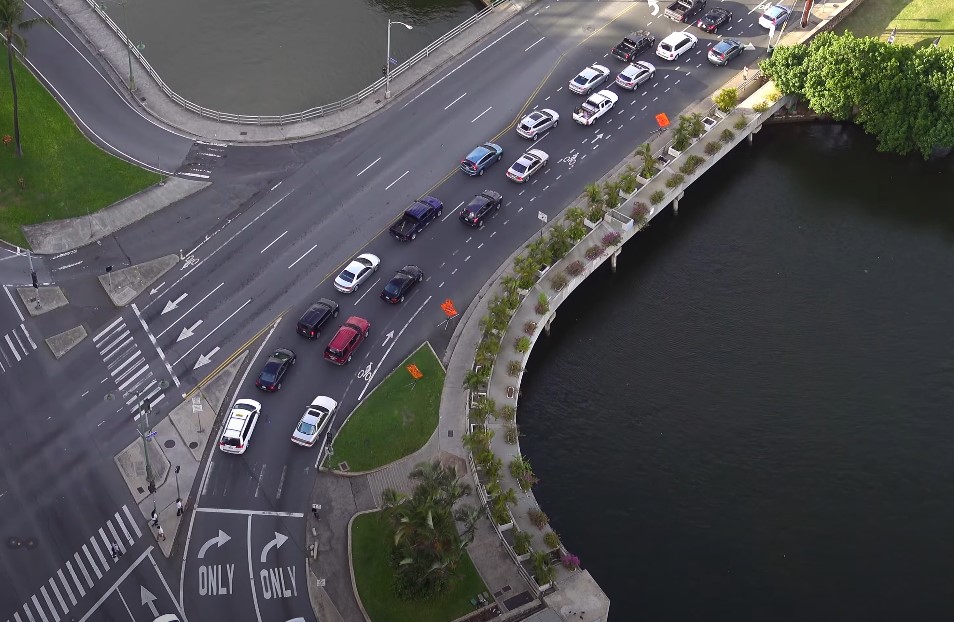
Hawaii’s roads offer some of the most beautiful drives in the world, but they can also be tricky.
Pedestrian Safety
Pedestrian accidents are more common than you might think, especially in busy tourist areas like Waikiki. Crossing the street without paying attention or misjudging local traffic patterns can lead to accidents.
Always use crosswalks and be extra cautious—drivers might not always see you, especially at night.
Rural and Mountain Roads
If you’re driving on Hawaii’s scenic mountain roads, like the famous road to Hana, take it slow. The roads are often narrow, winding, and without guardrails. On a rainy day, they can become slick and even more dangerous.
I’ve driven these roads and can tell you from experience that the views are worth it—but only if you’re focused and careful behind the wheel.
Volcanic Activity
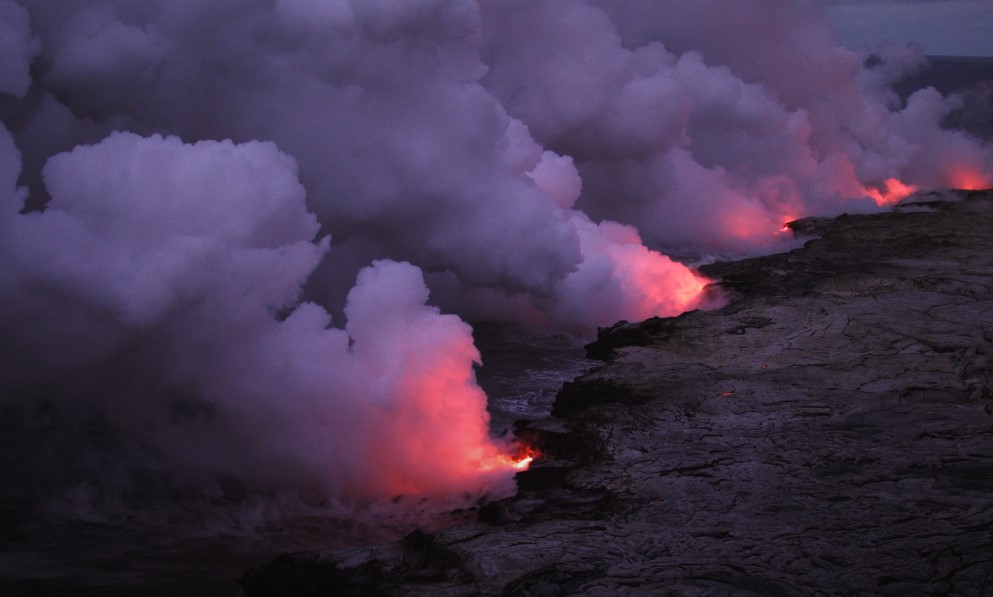
Hawaii is home to some of the most active volcanoes in the world, including Kilauea on the Big Island. While volcanic eruptions are rare, they do happen, and it’s important to stay informed if you’re visiting areas like Hawaii Volcanoes National Park.
Lava Flows and Vog
Lava flows, while awe-inspiring, can be dangerous if you get too close. The gases released by the volcanoes, known as vog, can cause respiratory problems, especially for people with asthma.
If you’re planning to visit volcanic areas, stick to designated viewing spots and pay attention to warnings from park rangers.
Wildlife Is Mostly Safe, But Be Aware

Hawaii doesn’t have the dangerous wildlife you’ll find in other parts of the world, but that doesn’t mean there aren’t risks.
Sharks
Shark attacks are rare, but they do happen, usually when sharks mistake swimmers for prey in murky water.
You can reduce your risk by avoiding swimming at dawn or dusk and staying away from areas where sharks have been recently spotted. Most beaches will have warnings if sharks are nearby.
Wild Boars
While hiking, especially on the Big Island or Kauai, you might encounter wild boars. They can be aggressive if they feel threatened, so it’s best to give them a wide berth.
I’ve only seen one from a distance, but I know hikers who’ve had close encounters, and it’s not something you want to deal with.
How to Stay Safe in Hawaii
@sandyohyama Make sure to follow these hawaii safety tips! #hawaii #hawaiivacation #vacationtips #safetytips #hawaiitravel #hawaiitraveltips #fyp ♬ Spongebob Tomfoolery – Dante9k Remix – David Snell
- Respect the Ocean: Swim at lifeguarded beaches, follow posted warnings, and don’t underestimate the waves.
- Protect Yourself from the Sun: Use sunscreen, drink water, and wear protective clothing.
- Be Aware of Your Surroundings: Keep your belongings secure and stay alert, whether on the road or in busy areas.
- Pay Attention to Nature: Hawaii’s beauty can be deceptive—respect the power of its oceans, volcanoes, and wildlife.
Methodology
- I used data from trustworthy websites and sources to add credibility.
- I included recent events and stats for a real-time snapshot.
- I wrapped everything up with practical tips to keep readers safe.
Enjoying Hawaii Safely
In the end, Hawaii is one of the most breathtaking places on earth. The natural beauty, the friendly locals, and the endless adventures make it a must-visit spot.
But by staying aware of the potential dangers, you’ll ensure that your trip is filled with wonderful memories rather than avoidable mishaps. So pack that sunscreen, respect the ocean, and hit the airport as soon as you can.
References
- safewise.com – The State of Safety in Hawaii 2024
- hawaiinewsnow.com – Violent crime report shows rise in 2 disturbing categories for Honolulu
- llcbuddy.com – Hawaii Crime Statistics
- khon2.com – ‘Much needed’ lifeguard tower blessed at Kalama Beach Park
- staradvertiser.com – Honolulu Ocean Safety rescues 16 during south swell
- hawaiipublicradio.org – Oʻahu lifeguards officially have their own city department
- hawaiibusiness.com – Fixing Hawai‘i’s Deadly Roads
- spectrumlocalnews.com – What’s open, closed on Hawaii Island due to concerns about eruption hazards

